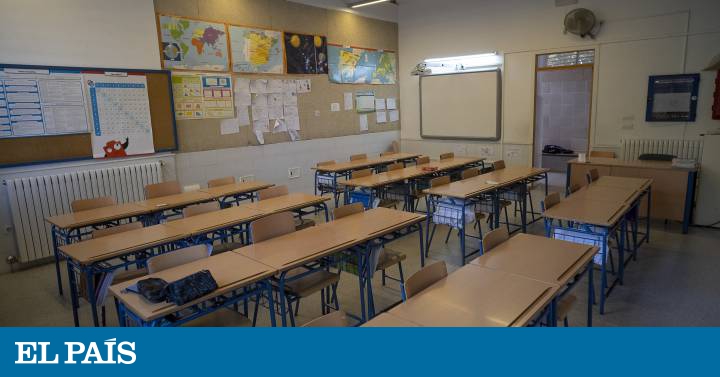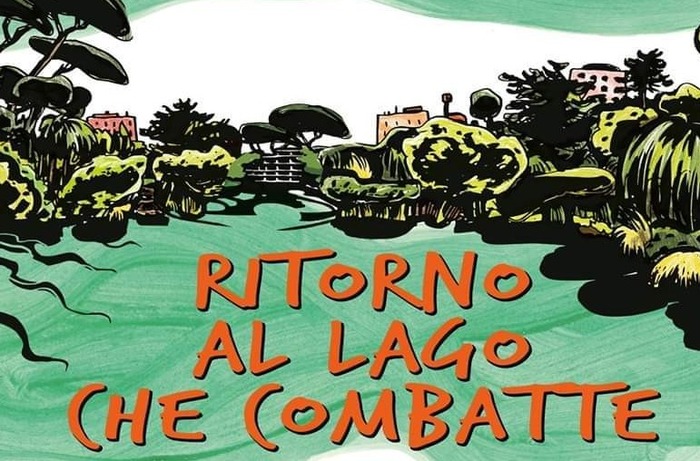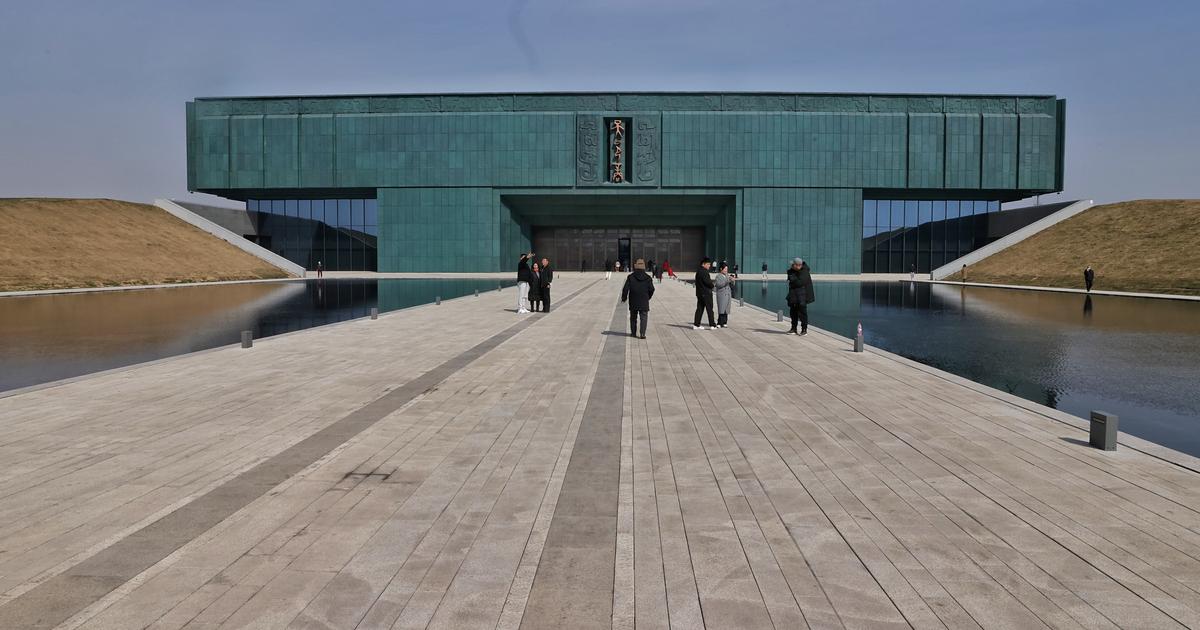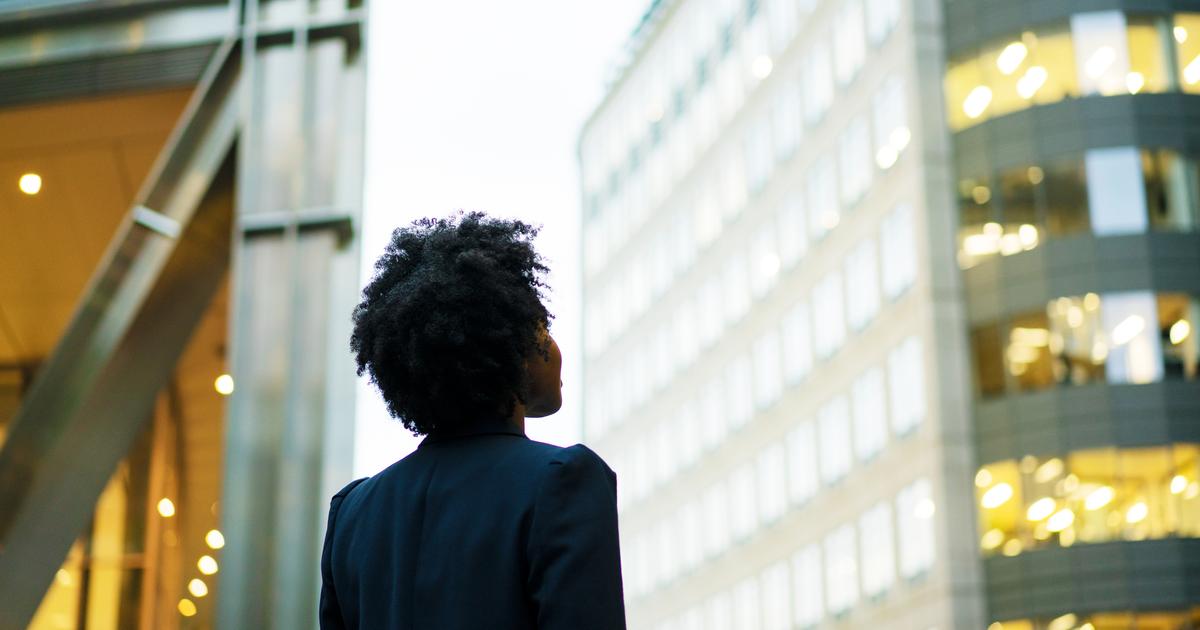I have a poet friend in Switzerland who invited me to give a talk to his students at the Lugano Cantonal Institute. It was 2010 and my first novel, Il figlio del figlio, had just come to light. It had recently been published by a small publisher in Rome and then, by pure chance, Maja Pflug, who later became my translator, had found a copy (I think the only one for sale in all of Italy) and had proposed Kunstmann publishing house to translate it into German. That day ten years ago has stuck with me and, as you can see, it awakens other memories that are still very important to me today. I caught the train in Milan very early so I could be in Lugano at ten. The journey is short, but when I arrived I had the feeling of having traveled hours and hours by train. I am a teacher and, perhaps due to professional deformation, I always pay close attention to what schools are like. I am convinced that it is an especially suitable observation point to understand if we are in a society truly interested in knowing and caring for its citizens. I think it was precisely the fact of taking a tour to explore the center that made me think that I had made a long journey.
That year, I was teaching at an institute next to a ring road, opposite a gypsy camp and with prostitutes not far from the gates. The Government had just cut thousands of jobs, had grouped the subjects of History and Geography, had created classes for thirty students and many other great occurrences that better saved them. That morning, however, I found classrooms with views of the lake, with a maximum of twenty students, an impressive library and a canteen where we ate well. Stunned by all this, I began my talk with the students, releasing a scolding more worthy of a survivor than of a writer of thirty years, but I can assure you that he was sincere when I said, through the microphone: «You must be aware of how fortunate you are. You are growing up in such a beautiful place and, in the name of that good fortune, you have an obligation to give your best every day ».
If before we were used to repeating that a poorly illustrated and mediocre political class reduces the quality of life, bloats the bureaucracy and causes a brain drain, now we can affirm that those same deficiencies sow death
When I caught the train that afternoon to go home, I couldn't read. During that short and long journey I thought about attention. Why in Italy cannot we devote the same attention to an essential good such as school? "School" in Greek means "leisure", "comfort", "free time": the Greeks chose that word because it indicates the period of time that must be spent to form the instruments that allow access to language, thought, knowledge of oneself in order to become conscious citizens and participants. At that institute in Lugano there was that "comfort" for learning; in mine in Milan, much less. Why? I have been wondering for years and the conclusion is the following: where there is not enough political intelligence, there is never a school that corresponds to the Greek idea, nor to efficiency and, why not, the beauty we all need. And where there is no such school, there is no money for research, nor solid healthcare. The combination of these deficiencies generally creates silent damages that erode both heritage and hopes day after day. In difficult times, or in an emergency period such as the one we are living through, on the other hand, the damage does not remain under the skin, but rather emerges and becomes a high number of deaths. What is happening in these long and exhausting days? The same thing that has always happened so far! The difference is that if before we were used to repeating that a poorly illustrated and mediocre political class reduces the quality of life, bloats the bureaucracy and causes a brain drain, now we can affirm that those same deficiencies sow death. And here in Lombardy, where I live, they have sown a lot of death. So much. The sound of sirens has become a background noise that never stops, not even at night. There are many times that I hold back so as not to cover my children's ears. If I don't, it's only because I want them to become aware, from a young age, of the world they live in; otherwise, they will never be able to find a way to try to improve it.
I have been locked up at home for almost two months and time is beginning to get confused. The days run the risk of looking too much like each other and it takes a lot of good will to tell them apart. You have to work hard to entertain children and recreate an acceptable daily life. We must not forget that they have taken everything from them: classmates, grandparents, the park, sports, spring ... I must do everything possible so that they do not think that living is surviving, I say to myself every morning to cheer myself up while I prepare the coffee. I start to feel tired, I miss studying and writing, I miss my friends, someone to laugh and vent with while having a beer. But, on the other hand, I feel that I am beginning to get used to this perfect solitude that I have made for myself without being aware of it. And when I realize that I'm reaching a balance, I get scared. I think of the most fragile, of all those people who have a violent or alcoholic husband at home, a family member with depression, an old man to take care of, a disabled son ... I think about the damages of immobility and isolation, in which we are leaving other illnesses aside ... and never more than now I would like to feel the presence and, why not, the closeness and empathy of the institutions. But apart from confining ourselves at home, it remains a puzzle to understand what these institutions have in mind to make seclusion more bearable and what projects they are developing for the future. The risk of this scarce presence of the institutions is that when this confinement ends, citizens - hopeless and weakened by a forced closure and tremendously confusing prospects - could begin to leave assessing their own situation individually. And such a state obviously cannot function. Let me repeat it one more time: from how and to what extent a State deals with these problems, the attention it devotes to people and the vision of the world it cultivates follows. I honestly no longer know what my country's is and, in many ways, I don't know what the vision of Europe and the western world is either. Honestly, I'm afraid that we won't learn anything from this situation. Moreover, pushed by the economy and the market, let us rush as soon as possible to forget everything to return to that normality that we can no longer accept or call that. There is no doubt that the pandemic is a terrible and unforeseen event for which the planet was not prepared, but the tragedy that is taking place in this part of Italy is not due solely to the lethality of the virus and the difficulty in neutralizing it. . It is not just a medical issue: it is, first of all, a health management problem. I have fought at all times not to succumb to the topic "this only happens in Italy", because it is not true and because we are capable of doing great things, but this time the management has been a disaster. The pandemic is relentlessly bringing to light the political health status of each country. The disparate numbers of contagion and mortality in different parts of the world reveal clear meanings, which can be ignored in the name of individualistic and leadership motives, but which in themselves are not difficult to understand. In Italy we did not have a rehearsed emergency plan, we did not listen to requests to integrate medical personnel, we ignored the opinion of scientists and more than once laughed in the face of science and the environment. Here in Lombardy, healthcare has been privatized more and more over the years, territorial medicine has been severely curtailed, and beds in public hospitals have been progressively shrinking as private clinics have mushroomed. And that explains why medical and nursing staff have been left to fend for themselves, that nobody tests them or gives them the necessary protective equipment before sending them to hospital corridors or outpatient clinics. Many of them bought their own masks and those who could not find them in stores used scarves or scraps of sheets. The tests, on the other hand, continue to be done with droppers, not even to people with forty fever: those people are left without the possibility of having a reliable diagnosis and the whole of society, without the possibility of knowing the actual numbers of infections. and cured cases.
We are reluctant, however, to take note of mistakes, even when they cost human lives. And therefore, rather than reflecting on mistakes, it is better to direct attention to the rhetoric of the heroes.
We are reluctant, however, to take note of mistakes, even when they cost human lives. And, therefore, rather than reflecting on mistakes, it is preferred to direct attention to the rhetoric of the heroes. They are all heroes: nurses, male and female doctors, hospital staff ... And are they content with heroes? Is what the Greeks called mythos enough for them ? I do not think so. On the other hand, I believe that it is essential - and today more than ever - that we remain firmly clinging to the dimension of logos , research and science, to look for the causes and responsibilities, which sometimes emerge and sometimes there are than laboriously digging up. And I also believe that luminosity should be returned to a word that we have mistakenly interpreted: "copy." Allow me a little digression, which I consider important. I am used, due to my profession, to look at the world of words and to reason based on language and, in this case, I have thought that the misunderstanding arises from what the word "copy" evokes. Although the meaning is not in itself negative —means «reproduce», «duplicate» -, in our education that word has suddenly taken on a more negative meaning because it illustrates an act that should not be committed or should be carried out clandestinely. And it is like this already from the school desks, where the act of copying is demonized: the child learns to associate it with a kind of theft through which he steals from another what, for various reasons, is not known. This gesture is not often legitimized in the name of sharing knowledge and solidarity among equals. It is not often stressed that, from a pedagogical point of view, copying is a way of learning and working collaboratively with others. It is preferred to instill the idea that we have to do things by ourselves and that knowledge is private property, like money. And this is how we have eliminated what is good about that term: the spirit of collaboration, emulation, the fact of sharing. Because copying, in reality, is an act full of humility and intelligence, it is an acknowledgment of our limits and our needs, of the ability to observe others and contain envy. It is the demonstration that we have much to learn and that others can teach us something. It is not the copy-paste of the computer, nor the disloyalty of plagiarism, it is rather a matter of dialoguing with a source to adapt it to our needs and take advantage of all the good that it can offer us. And just as we are discovering the importance of letting the experts speak, just now that we realize that hesitation or poorly designed strategies can cause serious damage, it might be helpful to take a look beyond our borders, observe who is managing difficulties more effectively and who has implemented successful strategies. In the same way, it would also be useful to restore certain words to their true value and eliminate that layer of dust, formed by prejudice and moralism, that prevents us from seeing them as they are: a test of humility, the possibility of intelligent dialogue, a help concrete to start again. Only after reflecting on actions and words, only after having done everything possible to take the best of ourselves and others, can we allow ourselves to access the emotional dimension of mythos , proudly praise these men and women brave men who have died doing their job and mourning the loss of a most important part of a generation that has been the backbone of the 20th century. A generation whose funeral we have not been able to celebrate and on whose grave we have not been able to deposit flowers.
I look out the window at the park where I normally take my children after school. It is completely empty. The warm light of the sun reflects off the slide and the spring wind rocks the grass. Without confinement, by now the park would be teeming with children, and my wife and I would be there chatting with other parents. Piero Calamandrei, one of the fathers of our Constitution, said that "freedom is like air, you realize that you need it when you lack it." I repeat these words to myself as I write: Today, April 25, Liberation Day in Italy, the end of the fascist regime and the Nazi occupation is commemorated. Last year we went to the demonstration and there were many families with children. It was a sunny day too, but it was filled with smiles and chants. We walked side by side and the expression "social distance" was something we had never heard, something that was meaningless. I hope that when Caterina and Riccardo return to play on the swings with their classmates and yell out breathlessly "higher, higher", they will not find a worse world. The risk that we are afraid of others, that we turn people into possible sources of contagion, that we no longer see them as friends, relatives or new friends, is what scares me the most. Now that, through the tragic paradox of covid-19, the sovereignist project has become a reality - everyone at home, suspicious of those who are outside - now that it has been proven that viruses do not understand walls or borders, I hope we will be more aware of the fact that only by building more supportive and connected societies can we save ourselves. And in that sense, Europe has a lot of work left if it does not want to become a precious broken dream. If you lose this chance, the only thing left is the skeleton. The European Union only makes sense if it is equitable and united, if it favors humanism and the exchange of ideas, dialogue and mutual aid. The prolongation of the scenarios that have happened these days - where not only each State but also each region acts according to its own resources, its own money and even its own scientists - I believe that it would decree the end of the European Union due to lack of confidence and of meaning.
The contents are important, of course, but they are not what worries me the most. The school is, above all, community, relationship, meeting between equals. More than content, we need relationship and education
Right next to the park is my car, parked there for I don't know how many days. At night, when we talk on the phone, my father asks me if I go down to start it from time to time and I lie to him and say yes. I wonder when I will pick it up again to go to high school. I have read on a website that almost 900 million students from all over the world are at home. Nine hundred million ... Who is capable of quantifying those damages? They are psychological, social, economic, cultural and even moral damages. The contents are important, of course, but they are not what worries me the most. The school is, above all, community, relationship, meeting between equals. More than content, we need relationship and education. How useful it would be, and not only in this situation that we are going through, that the meaning of caring for others and the ways of carrying it out are taught at school, which sometimes contemplate closeness as well as distance, sometimes association in addition to insulation. For example, how our healthcare system works and how it works in many other countries, so that we understand how lucky we are to have free healthcare (in Italy it has always been that way) and the responsibilities we must assume so that this right remains free for all, especially the most fragile. Wouldn't it be nice if in our training the subject Education in Social and Civic Values was an essential and not a secondary subject? Yes, because without social and civic values, there is a risk - despite so many years of study - that we become specialized adults but unable to reason about what is happening, highly educated professionals but with difficulties in codifying the complexity of the world and think in other terms that are not purely individualistic. The person who explained it best was a priest, Don Milani, one of the best Italian educators of the last century: «I have learned that my problem is the same as that of others. Solving everything together is politics. Solving it alone is greed. Educating yourself is the best way to prepare yourself to love others and the world. I look forward to going back to high school to tell my boys that education has a lot to do with love. What's more, when I publish my next novel and my poet friend invites me back to Switzerland to give a talk to his students, I have to remember to tell them too.
Marco Balzano is an Italian writer. His latest book is I Stay Here (Duomo). This article was originally published on Das Magazin .




/cloudfront-eu-central-1.images.arcpublishing.com/prisa/YF7GIHYSMRN4JGNOYSGVWLH3ZY.jpg)










